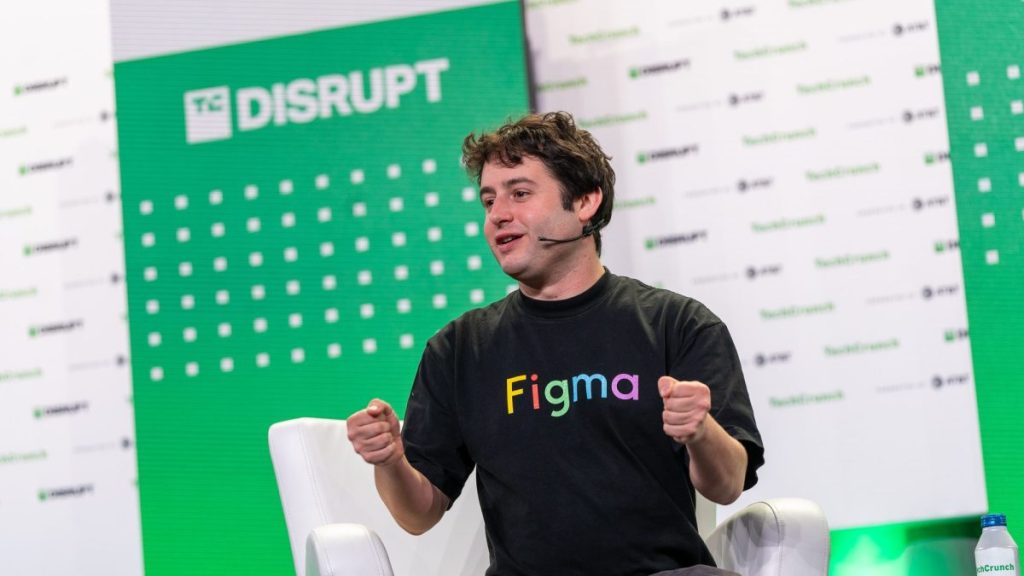We may be witnessing the makings of a new tech industry feud between competitors. Figma has sent a cease-and-desist letter to popular no-code AI startup Lovable, Figma confirmed to TechCrunch.
The letter tells Lovable to stop using the term “Dev Mode” for a new product feature. Figma, which also has a feature called Dev Mode, successfully trademarked that term last year, according to the U.S. Patent and Trademark office.
What’s wild is that “dev mode” is a common term used in many products that cater to software programmers. It’s like an edit mode. Software products from giant companies like Apple’s iOS, Google’s Chrome, Microsoft’s Xbox have features formally called “developer mode” that then get nicknamed “dev mode” in reference materials.
Even “dev mode” itself is commonly used. For instance Atlassian used it in products that pre-date Figma’s copyright by years. And it’s a common feature name in countless open source software projects.
Figma tells TechCrunch that its trademark refers only to the shortcut “Dev Mode” – not the full term “developer mode.” Still, it’s a bit like trademarking the term “bug” to refer to “debugging.”
Since Figma wants to own the term, it has little choice but send cease-and-desist letters. (The letter, as many on X pointed out, was very polite, too.) If Figma doesn’t defend the term, it could be absorbed as a generic term and the trademarked becomes unenforceable.
Some on the internet argue that this term is already generic, should never have been allowed to be trademarked, and say Lovable should fight.
Lovable’s co-founder and CEO, Anton Osika, tells TechCrunch that, for now, his company has no intention of honoring Figma’s demand and changing the feature’s name.
We’ll see if Figma escalates. It also has other things on its mind. On Tuesday, Figma announced it had filed confidential paperwork for an IPO. However, should Figma pursue legal action, taking on an international legal battle might be pricey for the early-stage Swedish startup, Lovable, which raised a $15 million seed round in February.
What’s more interesting is that Lovable is one of the rising stars of so-called “vibe coding.” That’s where users can describe what they want in a text prompt and the product builds it – complete with code. Its “dev mode” feature was launched a few weeks ago to allow users to edit that code.
Lovable advertises itself as a competitor to Figma, declaring on its homepage that designers can use Lovable “without tedious prototyping work in tools like Figma.” And many newly launched startups are doing just that.
So this isn’t just a trademark dispute. It is also a bigger competitor cracking its knuckles at a pesky upstart. Figma was valued at $12.5 billion about a year ago.
A Figma spokesperson almost admits as much. The person told TechCrunch that Figma has not sent cease-and-desist letters to other tech companies over the term, like Microsoft, because their products are “in a different category of goods and services.”
And Lovable’s Osika is ready to throw a few punches of his own telling TechCrunch that he thinks “Figma should focus on making their product great” and not on trademark marketing. He also tells TechCrunch that Lovable is successfully winning customers away from Figma and other such design tools created in the era before LLMs.
As for the overall threat of vibe coding products, in a conversation last month with Y Combinator’s Garry Tan, Figma co-founder CEO Dylan Field naturally pooh-poohed the idea.
Field said that even though people like vibe coding for its speed, “you also want to give people a way to not just get started and prototype rapidly but also get to the finish line. That’s where the disconnect is, and not just for design, but also for code.”
Still Osika also seems ready to compete. When he shared a copy of the Figma’s letter on X, he used the grinning emoji.
Note: This story has been updated with comments from Lovable.

